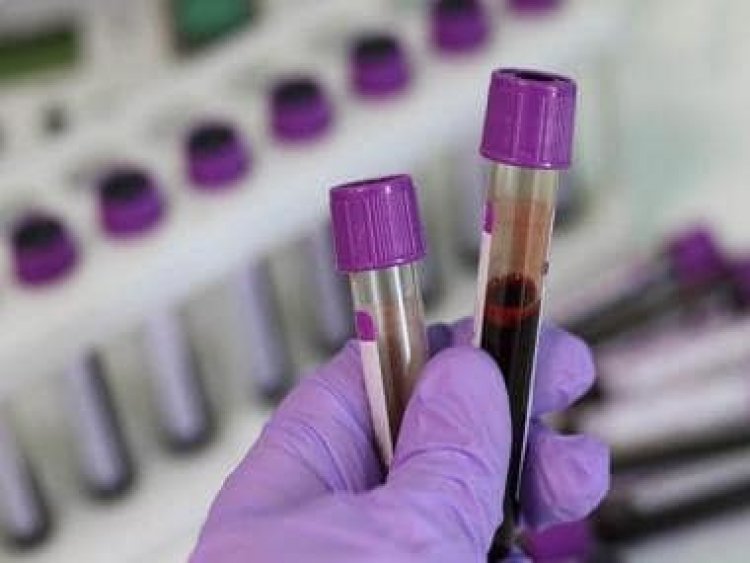Explained: What is the Ebola-like Marburg virus reported in Ghana?
Explained: What is the Ebola-like Marburg virus reported in Ghana?

Two cases of the deadly Marburg virus have been identified in Ghana, the first time the Ebola-like disease has been found in the West African nation, health authorities announced Sunday.
Blood samples taken from two people in the southern Ashanti region earlier this month indicated the presence of the Marburg virus.
The samples were sent to the Pasteur Institute in Senegal which confirmed the diagnosis, the Ghana Health Service (GHS) said.
"This is the first time Ghana has confirmed Marburg Virus Disease," said GHS head Patrick Kuma-Aboagye said in a statement.
No treatment or vaccine exists for Marburg, which is almost as deadly as Ebola.
Its symptoms include high fever as well as internal and external bleeding.
A total of 98 people identified as contact cases are currently under quarantine, the GHS statement said, noting that no other cases of Marburg had yet been detected in Ghana.
The WHO said Guinea had confirmed a single case in an outbreak declared over in September 2021.
Symptoms of Marburg
According to the Centre for Disease Control and Prevention, once a patient is affected by the virus after an incubation period of two to 21 days, the person might suffer with nausea, chest pain, a sore throat, abdominal pain and diarrhoea. Symptoms can become more severe over time and can cause jaundice, inflammation of the pancreas, weight loss, delirium, shock, liver failure, haemorrhaging and even multi organ dysfunction.
The virus can be transmitted to humans as a result of long exposures in mines or caves that are inhabited by Rousettus bat colonies, which are considered to be the natural hosts of Marburg, according to World Health Organisation (WHO).
Detection of the Marburg virus can be difficult as many of the signs and symptoms of the virus are similar to other infectious diseases such as malaria or typhoid, as per CDC.
The average case fatality rate of Marburg is around 88 per cent, according to WHO.
Previous outbreaks
Marburg virus was first detected in 1967, when the outbreak occurred in Marburg and Frankfurt in Germany and in Belgrade, Serbia.
Previous outbreaks and sporadic cases of Marburg in Africa have been reported in Angola, the Democratic Republic of the Congo, Kenya, South Africa and Uganda, according to the World Health Organization.
How can the virus be treated?
While there are no vaccines or antiviral treatments available for Marburg virus, monoclonal antibodies that are used to treat Ebola virus can also be tested for Marburg, as per the WHO.
Apart from this, rehydration with oral or intravenous fluids as well as treatment of specific symptoms might increase the chances of survival, according to Mayo Clinic.
Health authority suggests self-isolation
The two cases that were reported were of a 26-year-old who was admitted in a hospital on 26 June and died the very next day. The second case was of a 51-year-old man who checked into a hospital on 28 June and died the same day, according to The Associated Press.
"The public is therefore advised to avoid caves inhabited by bat colonies and to cook all meat products 'thoroughly' before consumption," the Ghanaian health authorities advised.
In addition, anyone identified as having been in contact with sufferers, including medical staff, must self-isolate.
With inputs from agencies
Read all the Latest News, Trending News, Cricket News, Bollywood News,
India News and Entertainment News here. Follow us on Facebook, Twitter and Instagram.
What's Your Reaction?



























































